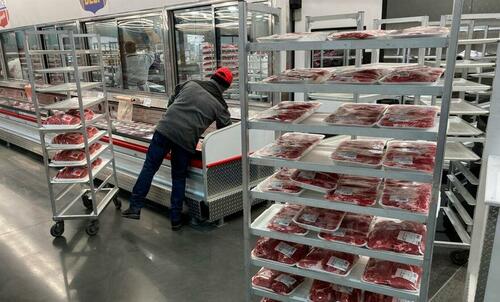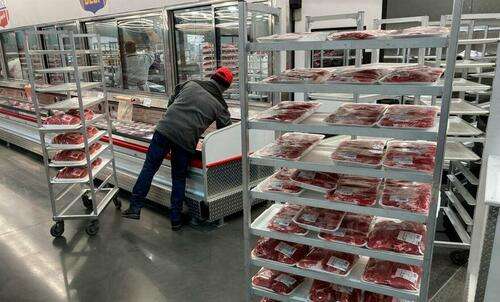Despite a softening economy and workers reporting growing levels of financial stress, the “Great Resignation” seems poised to continue, according to the latest PriceWaterhouse Coopers (PwC) workforce study .
Just over a quarter (26 percent) of workers surveyed by PwC plan to change employers in the next 12 months in hopes of finding better paid work, up from 19 percent last year.
Around 42 percent said they are planning to demand pay raises to offset the higher cost of living, up from 35 percent last year.
“With the ongoing economic uncertainty, we see a global workforce that wants more pay and more meaning from their work ,” Bhushan Sethi, joint global leader of PwC’s people & organization practice, said in a statement.
While inflationary pressures have eased in recent months, they remain well above pre-pandemic levels, squeezing households and undercutting financial well-being.
Tough Times More Widespread
Employees in the United States and elsewhere increasingly feel cash-strapped as inflationary challenges and economic headwinds continue to impact workers’ wallets.
PwC’s “2023 Hopes and Fears Global Workforce Survey,” which polled 54,000 workers in 46 countries, showed that a growing number of households struggled to pay bills every month or could not pay bills most of the time.
The share of workers who said their household could not pay the bills most of the time doubled from 2 percent last year to 4 percent in 2023.
People shop for bread at a supermarket in Monterey Park, Calif., on Oct. 19, 2022. (Frederic J. Brown/AFP via Getty Images) At the same time, the percentage of workers who say their household can pay all the bills every month and still has some money left over to sock away or for discretionary spending like holidays fell sharply from 47 percent to 38 percent.
Around one worker in five is doing multiple jobs, with 69 percent saying they were doing so for extra income and just 36 percent to learn new skills.
Negative Feedback Loop
Workers who are struggling financially are also less able to meet future challenges, including investing in developing new skills and adapting to the rise of artificial intelligence (AI).
Those who struggle to pay their bills are less likely (50 percent) to actively seek new skill development opportunities than those who can comfortably pay their bills (62 percent).
Similarly, financially secure workers (57 percent) are more likely to seek feedback and improve their performance at work compared to financially struggling workers (45 percent).
Read more here…

